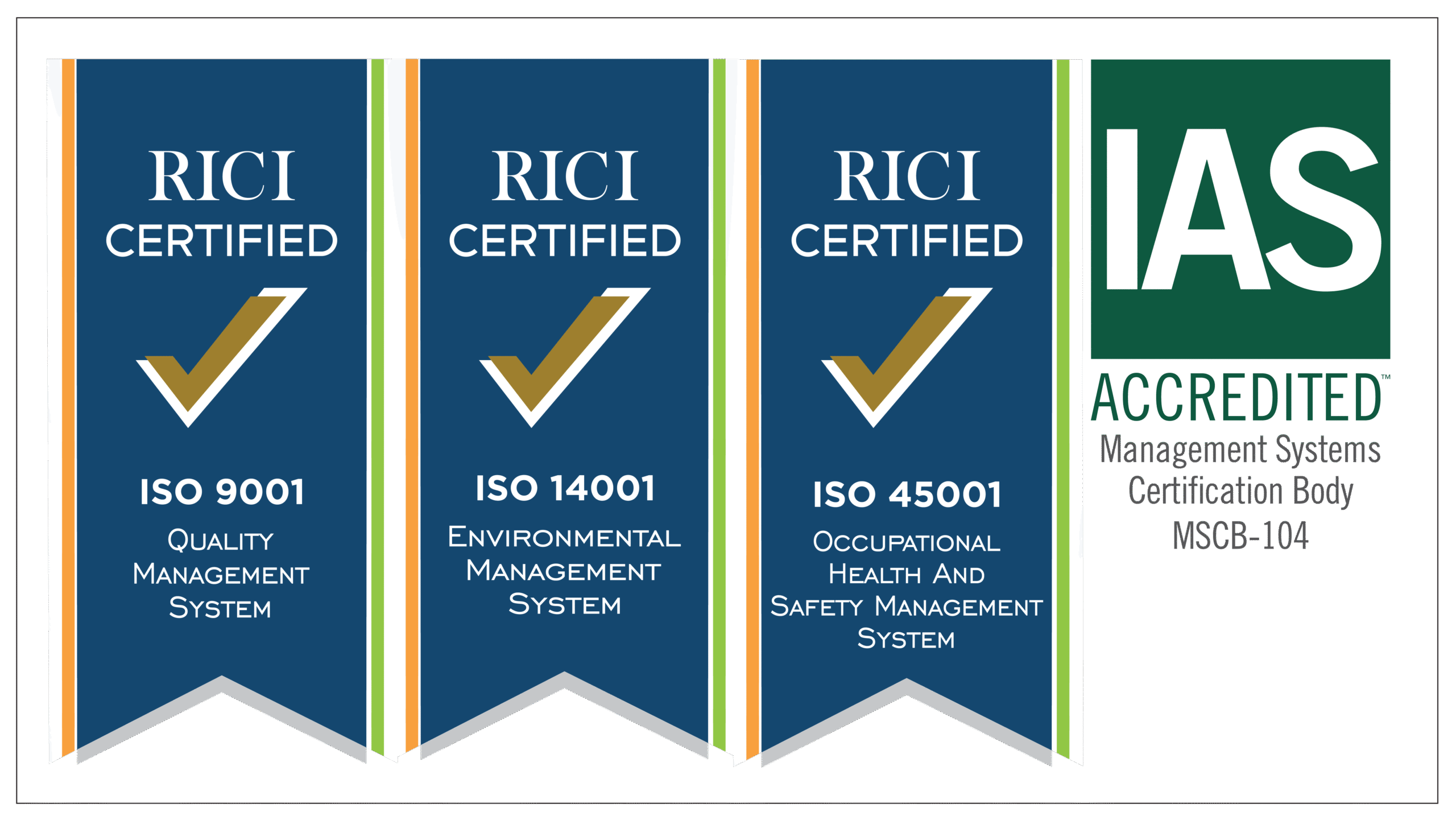Blue-collar and white-collar employees are both necessary for the UAE’s fast-growing economy; however, they perform different roles and experience different environments and challenges. This blog outlines the specific definition of each category, how they will fit into the UAE labour market of 2025, and how an organisation can balance those two segments effectively, ending with how 6 Pence can help build that balance.
The UAE Labour Market in 2025
There is a significant reliance on expatriate workers, in both blue-collar and white-collar roles, in the UAE’s workforce. However, there are signs of stark divergence in more recent trends. Blue-collar job openings in the UAE have increased by almost 69% on an annualised basis in 2024, driven by mega construction, logistics, and industrial projects. White-collar openings in support function roles, on the other hand, fell by approximately 21% in 2024 as organisations increasingly centralised their back-office roles offshore.
At the same time, Abu Dhabi and Dubai’s hiring in knowledge roles, such as finance, technology, AI, and advanced manufacturing, has remained strong, even as companies were cutting generic office roles in other functions. The result, however, is that employers need to be in more of a planned and structured approach to how they plan, hire, and eventually manage hiring in both segments.
Blue-Collar Workers in the UAE
Typical Roles and Sectors
In the UAE, blue-collar jobs are dominantly focused on:
- Construction and infrastructure.
- Logistics, warehouses, and ports.
- Manufacturing and industry.
- Maintenance, cleaning, and facility services.
- Hospitality back-of-house and security.
Most of the workforce is drawn from South Asia (India, Pakistan, Bangladesh, Nepal), Southeast Asia, and other Arab countries for fixed-term work permits specific to each employer.
Characteristics and Working Conditions
Blue-collar occupations:
- Require physical work, shifts, and sometimes extreme outdoor conditions (in heat, dust, or noise).
- They are often compensated on a monthly or daily wage basis, with overtime compensation options in some cases.
- May not require post-secondary education; however, they do require vocational training, certification, or trade experience.
The UAE has tightened advanced safety guidelines, provided safe sleeping accommodations in camps, introduced control of midday breaks, and improved housing code regulations, but sometimes the quality of enforcement is uneven.
White-Collar Workers in the UAE
Typical Roles and Sectors
White-collar employment in
- banking, insurance, and other financial services
- technology, software, and digital services sectors.
- the health care and education sectors.
- government and semi-government organisations.
- professional services, consulting, and marketing.
White-collar workers consist of managers, engineers, doctors, accountants, human resources (HR) specialists, business analysts, and software developers.
Job Profile and Requirements
White-collar occupations:
- Focus on cognitive and office work, strategy, management, analysis, and customer-facing functions.
- Typically are held by university graduates, degree holders with relevant professional certifications, or skilled as defined by the MOHRE skill levels 1-3 (for example, engineers, managers, and technologists).
- Generally, have a salary offering of benefits such as health insurance, annual vacation, bonus pay, and increasingly, hybrid or flexible work arrangements.
AI and automation will transform these occupations, and sustained support headcounts in some areas will be reduced; some occupations will coexist with new demands for some, for example, analytics, cybersecurity, AI engineering, and digital product management.
Key Differences: Blue-Collar vs White-Collar in the UAE
1. Work Type
Blue-Collar:
Physical labour tasks are in the areas of construction, production, transportation, and services. Job roles often involve physical effort and a direct connection to situational work.
White-Collar:
Knowledge-based work includes a range of functions such as planning, decision-making, designing, recording and managing finances, and managing other people. Job roles are typically primarily mental and utilise technology.
2. Skills, Education, and Classification
Blue-Collar:
The majority of skill levels fall within the low-skill category (4-5) and do not require formal degrees; however, practical training and certification (for instance, for an electrician, a welder, or a heavy-vehicle driver) are very well appreciated.
White-Collar:
Generally classified in high occupational skill classifications, MOHRE recognises roles as skilled for visa eligibility and family sponsorship based on either a degree or salary (usually starting at 4000 AED).
3. Salaries, Benefits, and Visa Entitlements
Blue Collar:
Salaries are lower; however, with the demand for skilled blue-collar workers from India alone increasing by roughly 25% in 2023-24, this has raised salaries slightly in some niche trades. Employer-provided accommodation and transport may be available for blue-collar workers. Family sponsorship is also an option, but providers will need to be above certain salary thresholds.
White Collar:
Salaries are higher, and employees are more likely to qualify for family visas, access to credit, and long-term residency schemes – including a Green or Golden Visa – depending on the position and salary level.
4. Job Security and Demand in the Market
Blue-Collar Jobs:
In 2024, job openings have grown by 69%; however, hiring has been limited due to mobilisation efforts and labour skill mismatch. The demand for blue-collar workers is very much dependent on the project pipelines and the macroeconomic cycles (e.g., construction-related booms).
White-Collar Jobs:
Generic administrative roles are under considerable pressure from automation and offshoring, leading to a drop of 21% in some segments of white-collar hiring. However, there continues to be high demand for specialised revenue-generating roles, mainly in sales, business development, and technology.
Which Is Better for Your Business in the UAE?
Instead of pondering which group is “better”, UAE employers could think about which roles are critical, core, and supporting for their strategy and ascribe the right worker profile to each layer.
A balanced workforce is likely to deliver better results, with blue-collar teams providing execution power and white-collar teams providing direction, control, and innovation.
Blue-collar may be preferred when:
- You run labour-intensive operations (construction, logistics, industrial services)
- You have time-bound projects and need to scale up manpower quickly
- You are optimising for unit costs and speed of deployment
White-collar may be preferred when:
- You are developing new products, entering new markets, or digitising operations
- You have strong governance, compliance, or stakeholder management needs
- You depend on complex decision-making, data analysis, or expert skill
The more resilient organisations in the UAE treat both groups as strategic assets, developing blue-collar employees in safety and training, and white-collar employees in continuous development.
How 6 Pence Helps You Build the Right Mix in the UAE
Knowing labour laws, an onboarding process, and sourcing channels is essential to designing and managing a blended blue- and white-collar workforce in the UAE. This is where 6 Pence can help you.
6 Pence, with its experience and established networks in the GCC, can be instrumental to you in the following ways:
- They can help you to source blue-collar workers who have been vetted and are suitable for the construction, logistics, manufacturing, hospitality, and facilities management industries.
- They can also recruit qualified white-collar professionals in finance, HR, IT, operations, and other core functions.
- In addition, they can manage all the HR operational processes related to contracts, wages, compliance, and PRO/GRO services while meeting all the UAE requirements.
- Moreover, they can help you rapidly expand your teams for new projects while maintaining costs, risks, and administrative burdens at a reasonable level.
6 Pence is a reliable staffing partner that can provide the necessary support to businesses in the UAE that are looking to focus on growth by creating and managing the mix of blue- and white-collar talent.
Also Read:
Local Workers and Expat Workers in Bahrain






